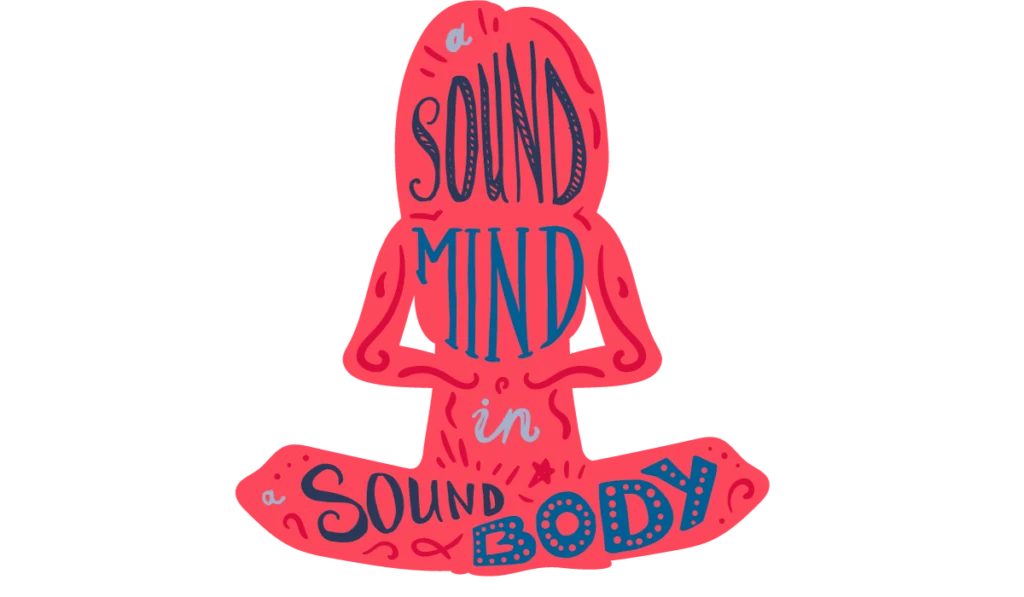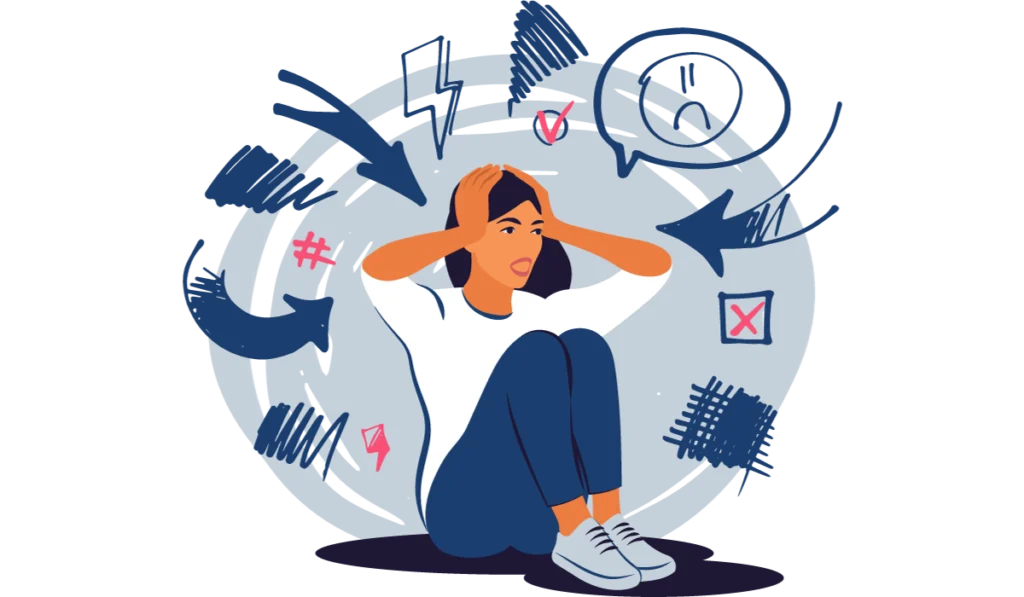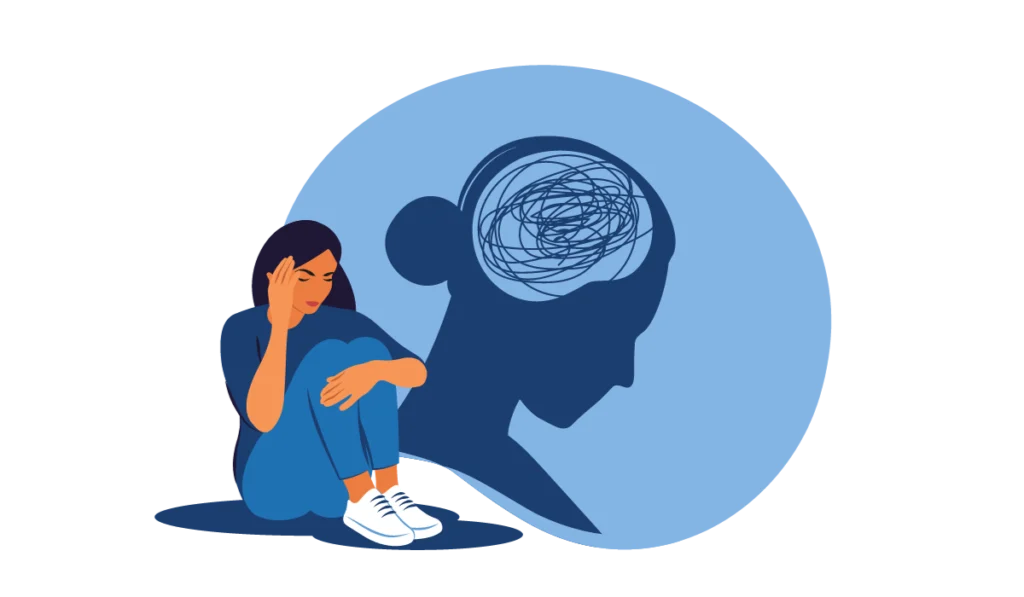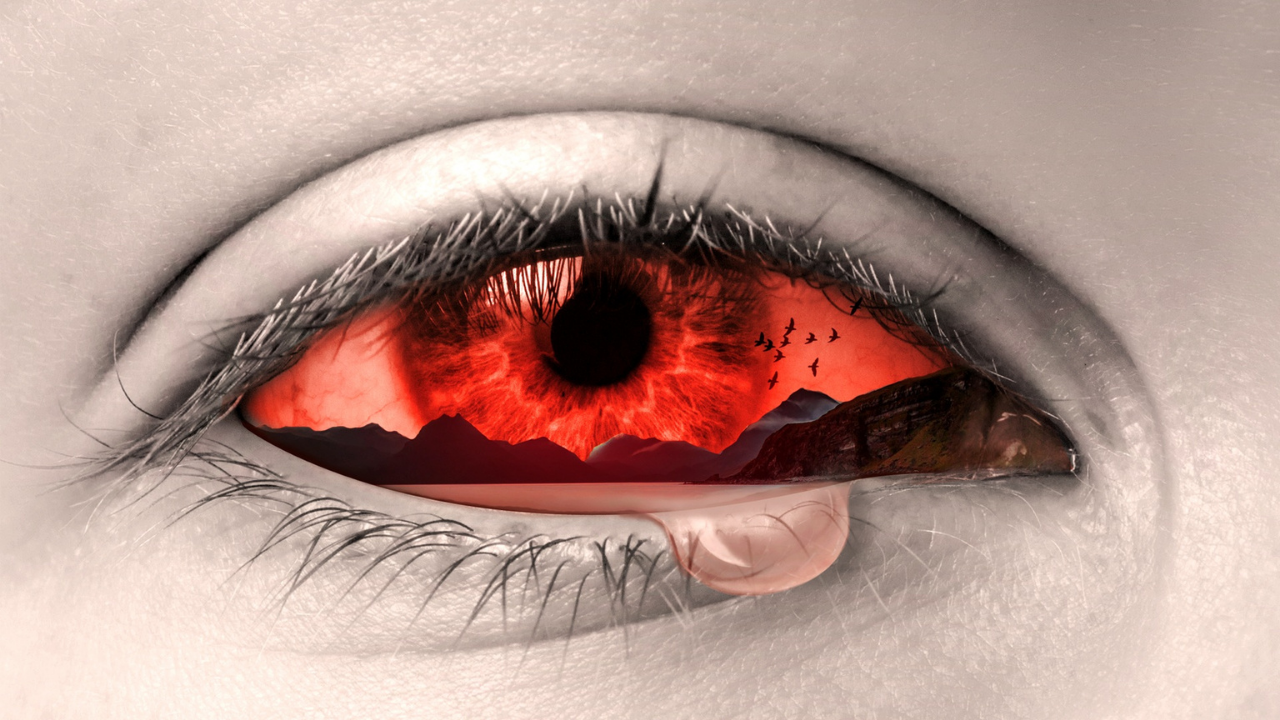In This Article:
Key Points
- Emphasize the Prevalence of Adolescent Mental Health Issues:
- Highlight the alarming statistics from WHO and other studies that show the high percentage of children and teens affected by mental health problems, setting the stage for the importance of finding effective interventions.
- Show the Science Behind Exercise and Mental Health:
- Discuss the scientific research that has established a connection between physical exercise and improved mental health outcomes, laying the groundwork for the focus on Qigong and Tai Chi.
- Present Qigong and Tai Chi as Holistic Healing Methods:
- Introduce Qigong and Tai Chi as holistic mind-body exercises that combine meditation, relaxation, and gentle movement, and have been proven to have positive impacts on mental health.
- Provide Evidence of Benefits for Adolescents:
- Present the research studies that have specifically looked at the benefits of Tai Chi and Qigong for teenagers, providing concrete evidence for the effectiveness of these practices in this age group.
- Discuss the Gaps in Current Research and Call for Further Studies:
- Address the limitations of the current research and the need for more systematic reviews and meta-analyses to conclusively prove the effectiveness of Tai Chi and Qigong for adolescent mental health.
Mind-Body Connection: Qigong and Tai Chi as Holistic Healing
The World Health Organization (WHO) has highlighted the seriousness of mental health issues, noting that depression is a primary cause of disability, affecting roughly 264 million people globally 1.
This isn’t just an adult problem; about 20% of children and teens worldwide are dealing with mental health issues.
Shockingly, nearly half of all mental health disorders begin before the age of 14.
When adolescents grapple with mental health problems, the fallout can be severe, ranging from poor grades and violence to teenage pregnancy, drug abuse, and even suicide 2 3.
This makes adolescence a critical time for immediate and effective intervention to prevent these behaviors from carrying over into adulthood.

Research has shown that physical exercise can be a beneficial form of therapy for mental health.
Specifically, Qigong, a mind-body exercise that includes meditation, relaxation, and gentle movement, has been found to stabilize mood and alleviate stress 4 5.
Numerous studies have supported the positive impact of Tai Chi and Qigong on both physical and mental health across various populations 6 7 8 9.
While most research has focused on adults and older individuals, there is a growing body of evidence that shows the potential benefits of Tai Chi and Qigong for teenagers.
Studies have explored the effects of these exercises on adolescent anxiety, depression, stress, and self-esteem, with some positive results 10 11
However, the current lack of systematic reviews and meta-analyses means there is no conclusive evidence on the overall effectiveness of Tai Chi and Qigong for adolescent mental health.
This article fills that gap by systematically reviewing clinical evidence on the impact of Tai Chi and Qigong on the psychological status of adolescents.
The Mindful Impact of Tai Chi & Qigong
Tai Chi & Qigong: Alleviating Anxiety
Recent studies dove into the effects of Tai Chi and Qigong on anxiety 18 19 20 21.

The results?
Participants practicing these exercises experienced a decrease in anxiety levels compared to control groups (SMD = 0.386, 95% CI [0.233, 0.538]).
Interestingly, those practicing Qigong witnessed a greater reduction in anxiety than their Tai Chi counterparts.
SMD stands for Standardized Mean Difference. It is a summary statistic used in meta-analysis and systematic reviews that helps to quantify the size of the difference between two groups. By standardizing the results, the SMD allows for a direct comparison of the results across different studies, even if they have used different scales or measures
FYI
Stress Busters? The Limited Impact of Exercises
When it comes to stress, three key studies suggest Tai Chi and Qigong might not be the answer for everyone 22 23 24.
The overall impact on reducing stress was found to be insignificant when compared to control measures (SMD = 0.317, 95 CI% [−0.008, 0.642]).
In essence, neither exercise stood out as a significant stress reducer.
Delving Deeper: Cortisol Levels & Stress
Digging deeper, two studies focused on the effect of Qigong on cortisol levels – a stress biomarker 25 26.
The verdict?
Qigong was found to substantially reduce cortisol levels, hinting at its potential stress-reducing properties (SMD = 0.621, 95 CI% [0.180, 1.062]).
Mood & Self-Esteem: A Closer Look
On the mood front, two analyses compared Qigong to a waitlist scenario 27 28.
The combined results?

No significant mood improvement from Qigong (SMD = 0.104, 95 CI% [−0.245, 0.452]).
As for self-esteem, Qigong didn’t show a noticeable impact either (SMD = −0.059, 95 CI% [−0.348, 0.230]).
Unique Outcomes: Psychological Distress & Self-Concept
Some individual studies explored unique areas.
For instance, Terjestam et al 29 didn’t find Qigong to significantly improve psychological distress.
However, a study by Bao and Jin (2015) 30 found a notable boost in self-concept after a year-long Tai Chi practice.
Another interesting finding by Bao and Niu (2018) 31 showed Tai Chi positively impacted middle school students’ overall mental health, including aspects like emotional stability (SMD = −0.377, 95 CI% [−0.641, −0.114]).
Discussion
This article, the impact of Tai Chi and Qigong exercises on adolescents’ psychological health outcomes, draws on evidence from randomized controlled trials (RCTs) and non-randomized controlled trials.
The findings suggest that both short-term and long-term engagement in Tai Chi and Qigong exercises can potentially enhance psychological well-being, mitigate symptoms of depression and anxiety, and regulate stress biomarkers such as cortisol levels
The Connection Between Exercise and Mental Health
Previous research has highlighted the relationship between various forms of exercise, including aerobic activities, yoga, and physical activity, and improved mental health outcomes
These findings emphasize the benefits of Tai Chi and Qigong in reducing anxiety and depression symptoms.
Subgroup Analysis: Qigong vs. Tai Chi
The subgroup analysis revealed that adolescents practicing Qigong experienced a more significant improvement in anxiety and depression symptoms compared to those engaging in Tai Chi.
This could be attributed to the internal energy focus of Qigong, which emphasizes mind, breath, and inner feelings, as opposed to the external defending and attacking intentions of Tai Chi 43.
Cortisol Levels and Stress Reduction
The analysis also demonstrated a favorable effect of Qigong on reducing cortisol levels, supporting the positive impacts of Qigong on stress reduction.
This finding aligns with previous studies that have explored the relationship between physical activity and cortisol levels in young healthy individuals 44 45.
Insufficient Evidence for Other Psychological Variables
The review did not find sufficient evidence to support the positive effects of Qigong on mood state and self-esteem.
This finding contrasts with previous studies that demonstrated the benefits of Tai Chi on enhanced mood, but not on self-esteem 46 47 48.
Limitations and Future Directions
While our review presents valuable insights into the potential benefits of Tai Chi and Qigong on adolescents’ psychological health
It is essential to interpret the results cautiously due to the limited number of studies and the potential methodological heterogeneity across the included studies.
Future studies should incorporate objective measures of psychological outcomes and focus on uncovering the underlying physiological mechanisms behind the observed benefits.
Conclusion
While the study shines a light on Qigong’s potential in enhancing adolescents’ mental wellness—alleviating symptoms of anxiety and depression and reducing cortisol levels—it’s crucial to approach these findings with caution.
The limited number of studies and their methodological limitations warrant a need for more comprehensive, well-controlled randomized trials.
Future research should not only validate these findings but also delve deeper, exploring the positive facets of psychological health outcomes specific to this demographic, backed by objective measures of anxiety and stress response.
Review date not set.
No related category specified or no posts found.
No related product category specified or no products found.



